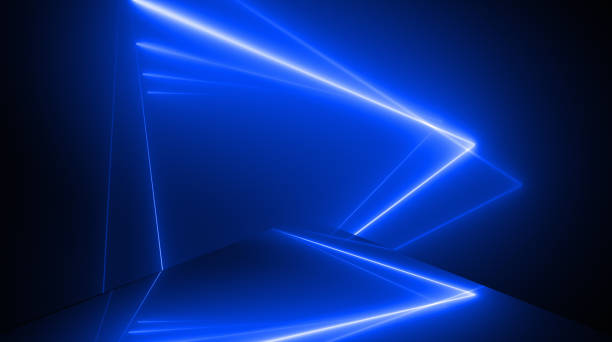The visible spectrum includes blue light, which the human eye can see. Blue light has a shorter wavelength which means that it generates more energy.
How does the blue light affect you
According to studies, blue light exposure can lead to eyestrain, fatigue, and headaches.
Where’s the blue light
Blue light is all around us. Blue light used to come from the sun. Blue light has been brought inside via digital screens, which can be found on TVs, smartphones, laptops, and tablets.
Natural Blue Light vs. Artificial Blue Light
The blue light wavelengths are all around us, and everywhere they’re found. They are the reason that the sky is blue. These blue wavelengths collided with air molecules and caused the blue light to scatter. This makes the sky appear blue. They are also natural light that regulates the body’s sleep and wake cycles. This is also known as the circadian rhythm. Blue light can also help increase alertness, improve mood, enhance reaction times, and increase your well-being. Electronic devices and specific lighting sources can produce artificial blue light.
Concern About Blue Light Exposure
The blue wavelength is one of the most energy-efficient wavelengths in the spectrum. It flickers faster and more quickly than other weaker wavelengths. The flickering creates a glare, which reduces your vision contrast and can affect clarity and sharpness. Constantly using your computer or electronic devices can lead to eye strain, mental fatigue, headaches, and physical and mental fatigue.
The eyes do not block these artificial lights. Long-term exposure to blue light can cause macular cellular damage that could lead to vision loss.
Medical professionals are concerned with the exposure to blue light for children and adults. These are some fascinating statistics:
43% of adults work a job requiring a tablet and computer for long periods.
74% of teenagers between 12 and 17 years old use electronic devices at most occasionally
70% of adults who use electronic devices regularly report digital eye strain symptoms.
93% of teenagers have access to or use a computer.
Combat Blue Light Exposure
These are some ways to reduce your exposure to blue light.
BluTech lenses are also known as light filter glasses. They are available in three indoor versions. These blue-light lenses can protect your eyes from harmful blue light rays and help reduce damage to your retina.
Blink more often when staring at a digital display.
Regular breaks are needed from staring at your electronic devices.
Make sure to clean your screen. A screen that is clean and free from dust and smudges will help reduce glare.
To reduce eye strain, change the background color of your digital device from bright white to warm colors.
